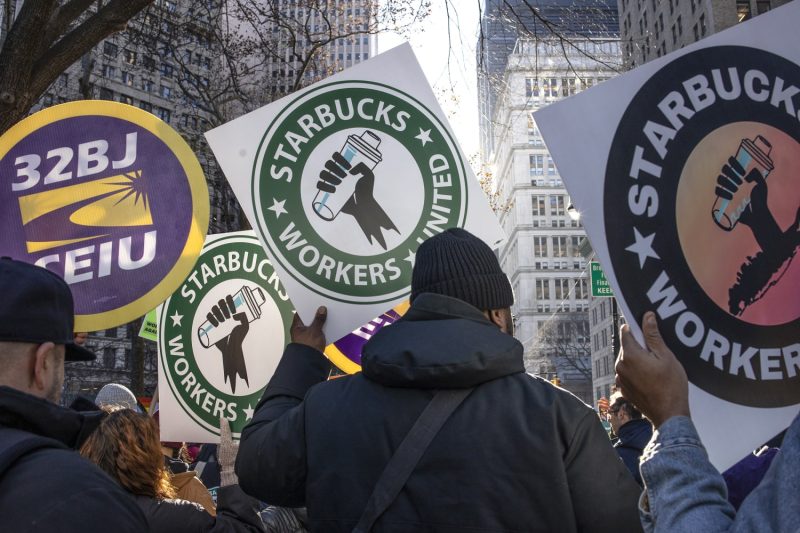Starbucks has always been at the forefront of blending coffee culture with corporate responsibility, and the recent commitment by the newly appointed CEO, Brian Niccol, to work closely with unions is a significant development. As discussions move forward between Starbucks and the union representatives, it signals a potential shift in the company’s approach to labor relations.
Niccol’s pledge to engage constructively with unions reflects a growing trend in the corporate world towards prioritizing dialogue and collaboration with labor organizations. This approach can lead to more harmonious relationships between employees and management, fostering a positive work environment and enhancing trust within the organization.
One of the key benefits of embracing union collaboration is the potential for improved working conditions and benefits for Starbucks employees. By working together with unions, the company can address issues such as fair wages, healthcare benefits, and job security, thereby enhancing the overall well-being of its workforce.
Moreover, collaborating with unions can also bring about increased transparency and accountability within the organization. By involving employee representatives in decision-making processes, Starbucks can ensure that the voices of its workers are heard and their concerns are taken into consideration when shaping company policies and practices.
Another important aspect of union collaboration is the potential for innovation and creativity in problem-solving. By tapping into the diverse perspectives and expertise of both management and union representatives, Starbucks can explore new ideas and approaches to address challenges and drive growth within the company.
Furthermore, embracing union collaboration can also have a positive impact on Starbucks’ public image and reputation. By demonstrating a commitment to working with labor organizations, the company can showcase its dedication to fostering a fair and inclusive workplace, which resonates positively with consumers and stakeholders.
In conclusion, the commitment of Starbucks’ new CEO, Brian Niccol, to collaborate with unions marks a significant step towards strengthening labor relations within the company. By engaging in constructive dialogue with union representatives, Starbucks has the opportunity to enhance employee well-being, promote transparency and accountability, drive innovation, and bolster its corporate reputation. This proactive approach to labor relations sets a positive example for other organizations looking to cultivate a harmonious and productive work environment for their employees.

